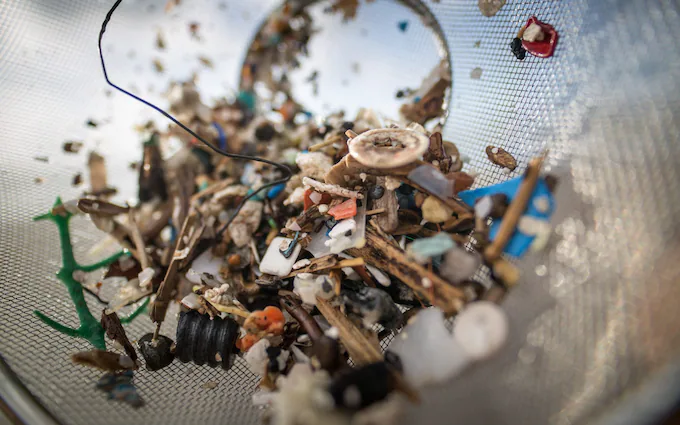European Union countries have backed a plan to strengthen regulations aimed at reducing pollution by microplastics by tightening rules for companies that handle plastic pellets, known as nurdles, which form the foundation of most plastic products.
These microscopic pellets, about the size of a lentil, are used in the production of a wide range of plastic goods, from car parts to kitchenware. Often made from fossil fuels, nurdles are frequently spilled during production and transport, leading to pollution in oceans and on beaches—an issue the EU seeks to address.
Building on a proposal put forward by the European Commission last year, the 27 EU member states agreed on new rules that will govern how firms handle and transport nurdles. Final discussions with the European Parliament are expected to begin early next year.

Under the proposal, companies that deal with plastic pellets will be required to take steps to prevent accidental releases. Firms will need to conduct risk assessments and act swiftly to contain leaks, including taking steps to clean up any spills.
Sea freight companies, which were responsible for transporting about 38% of all pellets in the EU in 2022, will face additional obligations, such as ensuring proper packaging and providing detailed technical information about cargo.
Once the regulation is in effect, these companies will have a three-year transition period to comply, while other sectors will have two years to adapt.
Some countries had advocated for maritime transport to be excluded from the legislation, leaving it to the International Maritime Organization to set specific rules. However, EU data shows that mishandling of pellets leads to up to 184,000 tonnes of pollution annually across the EU—a figure equivalent to 20 truckloads per day.
The EU hopes the new rules will cut pellet pollution by as much as 74%.


